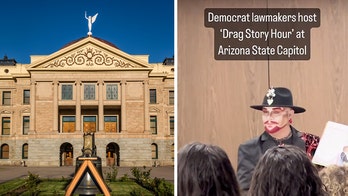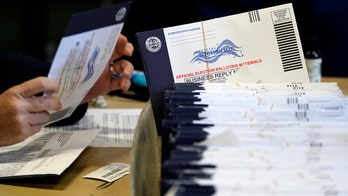Despite declining share prices of the companies they head, more than 200 executives saw their pensions surge more than 50 percent in 2008, bringing the average increase for corporate bosses to 19 percent, according to a Wall Street Journal review.
At the same time, share prices at the companies dropped an average of 37 percent in 2008 and many firms froze employee pensions and suspended retirement-plan contributions, the newspaper reported Tuesday.
The executive-pension growth was driven in part by generous pension formulas, which are based on executive pay, and little-scrutinized arcane techniques, including increases triggered when an executive reaches a certain age or when companies change interest rates used to calculate the pensions, according to the filings, the Journal reported.
For example, the Journal reported that Richard T. Clark, chief executive of Merck & Co., saw his pension rise in value in 2008 to $21.7 million from $11.9 million after the portion of his compensation used to calculate his pension rose more than $6 million.
Jim Mulva, chief executive of ConocoPhillips, saw his pension soar $9.5 million to $68.2 million after the company included "certain incentive payments" in the compensation it used to calculate his pension, the newspaper said.
PG&E Corp. CEO Peter Darbee received a 38 percent increase in his pension, from $3.8 million to $5.2 million after the firm awarded him an additional five years of service in 2008.
A PG&E spokesman told the newspaper that Darbee's benefit was increased to "address disparity between his pension benefits and other officers" at the company.




